In addition to Weibo, there is also WeChat
Please pay attention

WeChat public account
AutoBeta


2024-11-17 Update From: AutoBeta autobeta NAV: AutoBeta > News >
Share
AutoBeta(AutoBeta.net)09/04 Report--
According to the latest report from Japan's Kyodo News Agency, Toyota, Honda, Mazda and Subaru sold a total of 316600 new cars in the United States in August 2022, down 16.5 percent from a year earlier. Judging from the statistics concerned by the automobile industry, only Subaru achieved slight growth among the four Japanese car companies in August, while the other three car companies all showed a year-on-year decline, although the decline narrowed somewhat, but in terms of cumulative sales this year, the performance of Japanese car companies in the United States is not optimistic.

Specifically, Honda's US sales fell 37.7 per cent to 71461 in August, the biggest decline among the four carmakers, mainly due to supply woes exacerbated by the US west coast rail embargo. Honda sold 648903 vehicles in the US in 2022, down 40.1 per cent from a year earlier, as capacity shortages seriously affected supply.
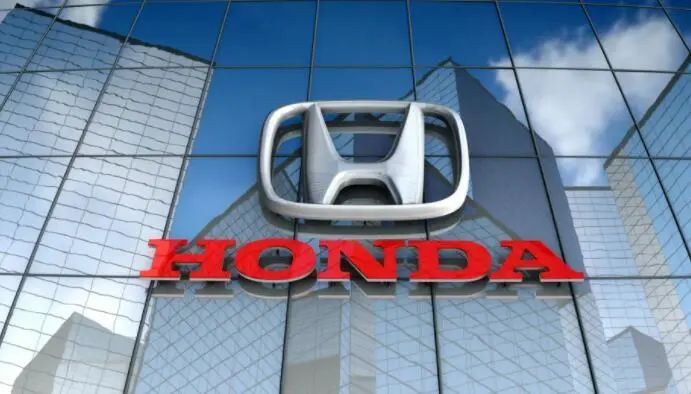
Toyota sales in the US fell 9.8 per cent year-on-year to 169626 vehicles, of which the Toyota brand fell 8.1 per cent year-on-year to 147873 vehicles, the 13th consecutive month of decline, while the Lexus brand fell 20.1 per cent to 21753 vehicles, the seventh consecutive month of decline. It is understood that at present, Toyota mainly relies on imports of models sold in the United States, affected by chip shortages and parts supply disruptions caused by frequent factory shutdowns in China, as well as great variables in the production capacity of local factories in Japan. Toyota's car production capacity is still constrained by the tight supply of spare parts. Toyota sold 1392664 vehicles in the United States from January to August this year, down 18.3 percent from the same period last year.
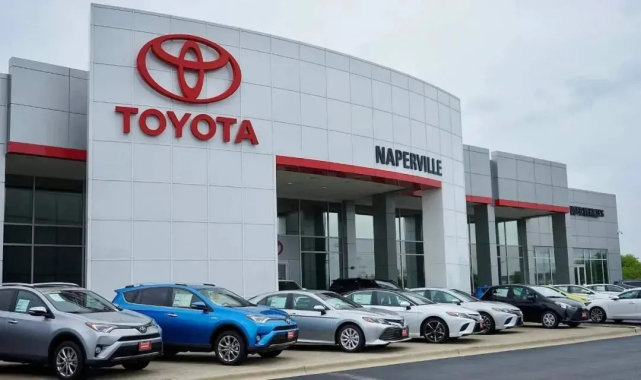
Mazda's US sales fell 6.7 per cent in August from a year earlier to 25426 vehicles, its fifth consecutive month of decline, and 23.1 per cent year-on-year decline to 191621 vehicles from January to August. Subaru sold 50126 vehicles in the US in August, up 1.5 per cent from a year earlier, making it the only one of the four car companies to grow, but still fell 15.5 per cent to 355457 from January to August this year.
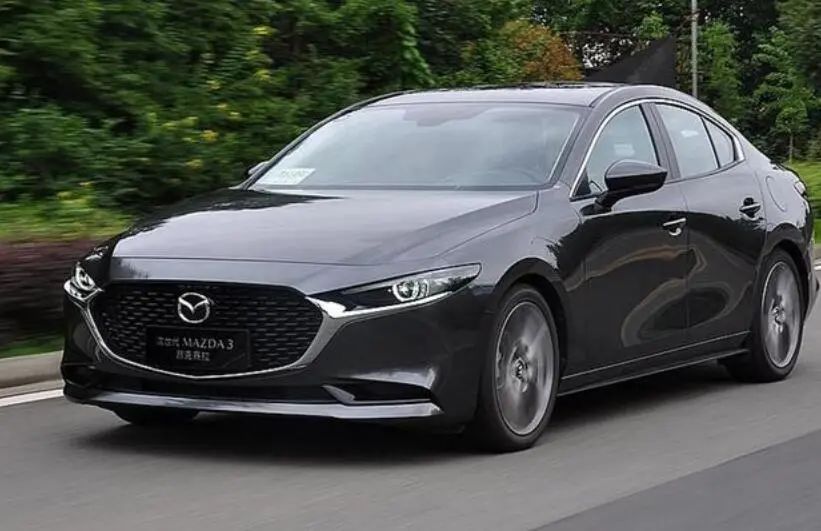
Judging from the cumulative sales performance of the above four Japanese car companies this year, the overall market performance is not good, and the continuous double-digit decline in new car sales in the US market of Japanese car companies is mainly due to the chaos of the global supply chain. the shortage of semiconductors and other parts makes cars unable to produce normally. Nippon Keizai Shimbun said that the continued shortage of automotive semiconductor parts, the follow-up will still put heavy pressure on the auto industry, in this context, many Japanese auto executives believe that "the future is uncertain."
According to public data, the top three markets for global car sales in 2021 are China, the United States and Japan, with annual sales of 21.482 million, 14.947 million and 4.448 million respectively. In other words, the American market is one of the relatively large global consumer markets for many Japanese car companies, especially Toyota. According to statistics, Toyota sold 10.5 million vehicles worldwide in 2021, of which the Chinese market accounted for 1.944 million vehicles. The United States market accounts for 2.33 million vehicles, which is the most important source of Toyota sales.
It is also reported that California regulators are making a decision on "stopping the sale of fuel vehicles". California plans to completely ban the sale of fuel vehicles by 2035 and phase out their medium-term goal. According to regulations, 35 per cent of passenger cars, SUV and small pickups sold in California will require zero emissions from 2026, and this proportion will increase year by year, and is expected to rise to 51 per cent of total sales by 2028, 68 per cent in 2030 and 100 per cent in 2035.
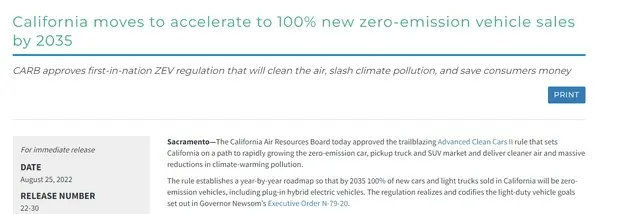
Daniel Spalling, a member of the California Air Resources Council, said that in the process of drafting regulations to stop the sale of fuel vehicles in California by 2035, most car companies "agreed" with the decision, which also means that more and more car companies accept the transition to zero-emission vehicles. Several US automakers, including Ford and GM, have previously put a moratorium on the sale of fuel vehicles, including Ford in 2030 and General Motors in 2025. For Japanese car companies, Toyota plans to stop selling fuel vehicles in 2040, Lexus 2023, Nissan 2025 and Honda 2040.
Although there are differences in the time of stopping the sale of fuel vehicles in different countries and car companies, new energy is bound to be the future development direction of the automobile industry. But at present, the development of Japanese car companies in the "electric" track is very slow. Not long ago, Jack Hollis, executive vice president of Toyota's North American sales, also publicly said that the promotion of all-electric vehicles still faces obstacles, and pointed out: "although you may want to talk about electric cars, the market is not mature enough." Toyota bZ4X, the world's first all-electric SUV model, has also suspended delivery because of the "risk of wheel shedding". In addition, Japanese car companies, including Honda and Nissan, also have the same phenomenon, combined with the product planning of major Japanese car companies and the decision to stop selling fuel cars in California in the United States. if Japanese car companies cannot keep up with the "electrification" transformation, new car sales in the US market are bound to suffer to a certain extent in the future.
In fact, the situation of Japanese car companies in the domestic market is becoming more and more serious, and the reason is also that Japanese car companies are slow in the transformation and development of "electrification". Although Japanese car companies' traditional fuel models perform better in the Chinese market, but at present, the penetration rate of new energy vehicles in the Chinese market has exceeded 20%. According to statistics, the cumulative global sales of new energy vehicles exceeded 20 million, and the global sales of new energy vehicles exceeded 4.22 million in the first half of this year, an increase of 66.38 percent over the same period last year. Among them, the sales of new energy vehicles in China was 2.6 million, accounting for 61.6% of the global sales, the market penetration exceeded 21.6%, and the number of new energy vehicles exceeded 11 million.
Welcome to subscribe to the WeChat public account "Automotive Industry Focus" to get the first-hand insider information on the automotive industry and talk about things in the automotive circle. Welcome to break the news! WeChat ID autoWechat
Views: 0
*The comments in the above article only represent the author's personal views and do not represent the views and positions of this website. If you have more insights, please feel free to contribute and share.







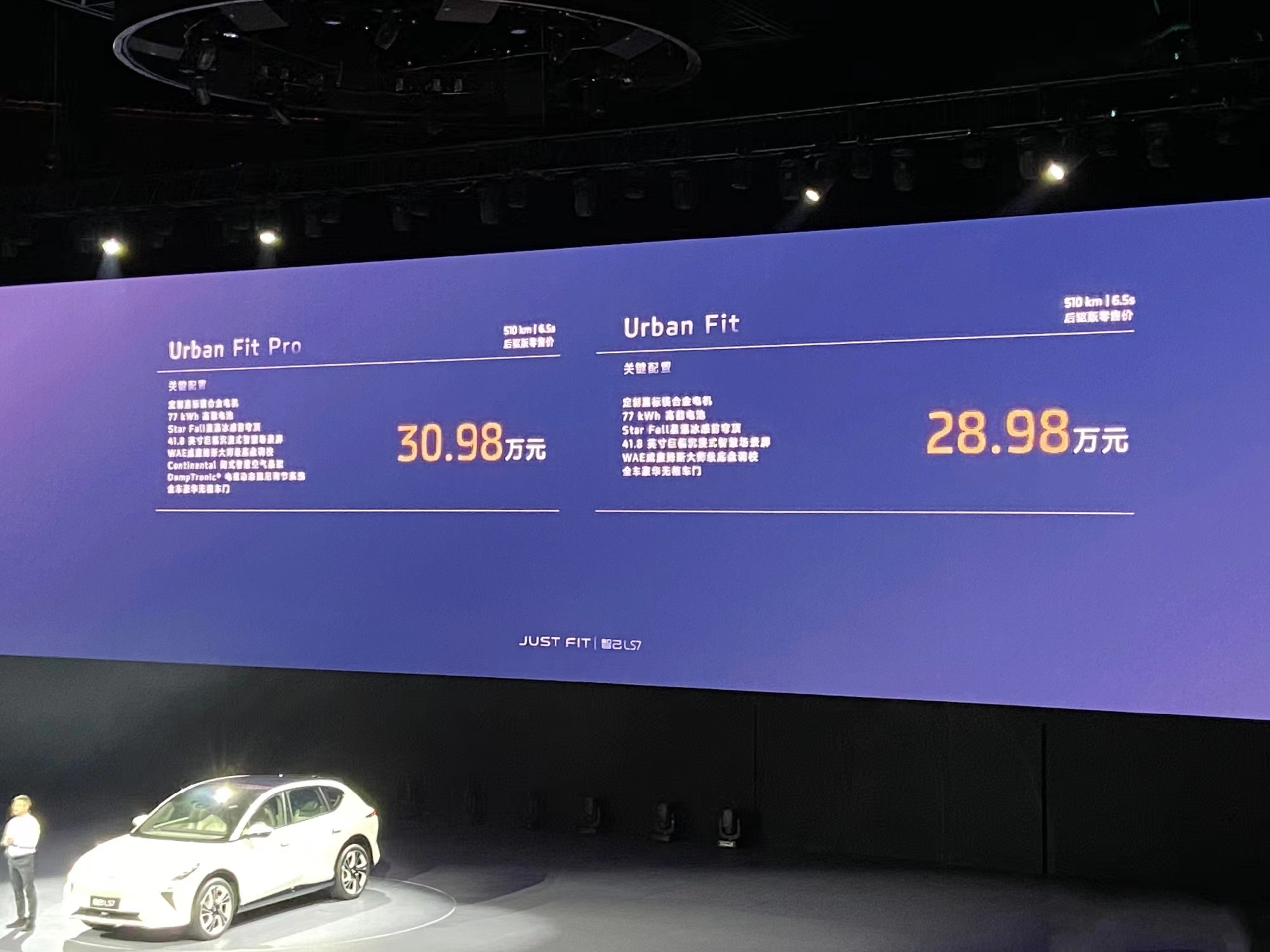



© 2024 AutoBeta.Net Tiger Media Company. All rights reserved.